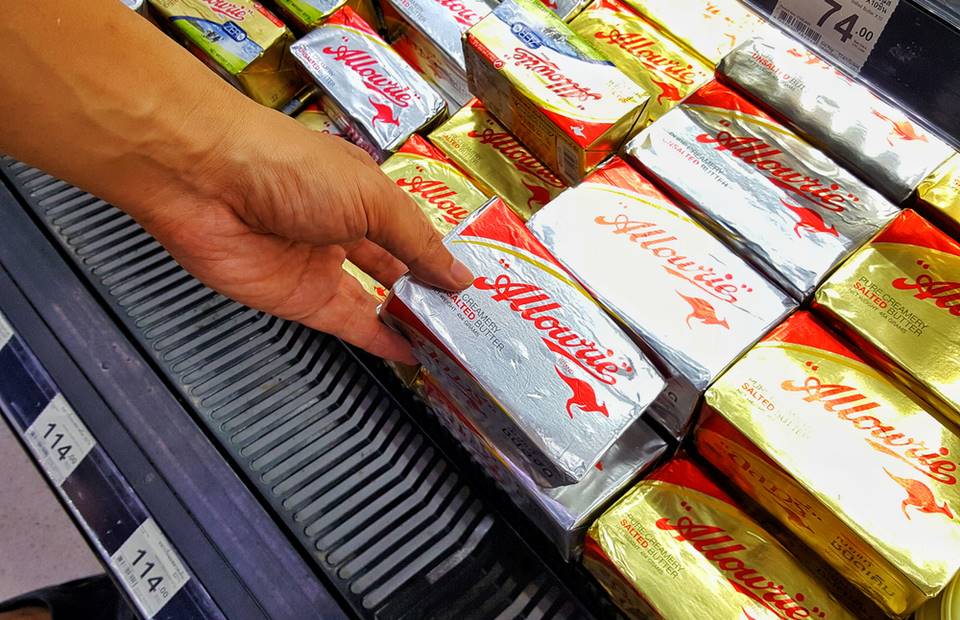At no time of year is butter sold as much as just before Christmas. You’ve probably already noticed the phenomenon where this food always rises in price quite noticeably before the end of the year. Sometimes it’s a more discussed topic, sometimes less, usually it depends on the final price. At the same time, this year can be really high. The price of butter can go up to eighty crowns and break all previous records.
Advantageous offer. But for whom?
This in itself is unfortunate, but Czech traders add another factor to it. So people may come across butter in stores that has gone through a process that they have no idea about. Namely freezing, up to two years of storage and subsequent thawing and placing on store shelves.
The matter was brought to the attention of the Agricultural Union, according to which it is butter from European material reserves. These represent reserves in the form of food and other basic needs in case of an emergency. It stands to reason that the butter is frozen inside them to last as long as possible. When there’s an emergency, quality simply isn’t that important. From time to time, however, it’s still necessary to substitute that butter and freeze another.
However, the original does not enter the containers, but is thawed and reaches the store shelves. Merchants in some states avoid it because they don’t want to sell something like this to their customers. However, Czech shops will not turn down such an offer. This is because this butter is sold at a very low price, so they make money first. They will then sell it to customers at a slightly lower price, but the question is whether that is good enough.
How to recognize this butter
You may be wondering how such a thing is possible and if it is breaking some kind of regulation. But is not so. This procedure allows traders and producers to divide butter into two categories. While the fresh one must be sold within twenty days from the date of production, the so-called table butter (or “double”) can be sold up to two years from production, if it has been frozen within that date.
It is in this category that this butter is sold. In principle, there may be nothing wrong with it, but according to experts, long-term storage in the freezer can affect the texture and taste. It may also be slightly rancid, however it shouldn’t be harmful.
Butter shops usually make no distinctions and try to pass off table butter as any other. So how to recognize this butter? From the above it follows that according to the date of production, but also according to the fact that it is usually produced abroad. There may also be a discount compared to Czech butters.
Photo: Shutterstock


